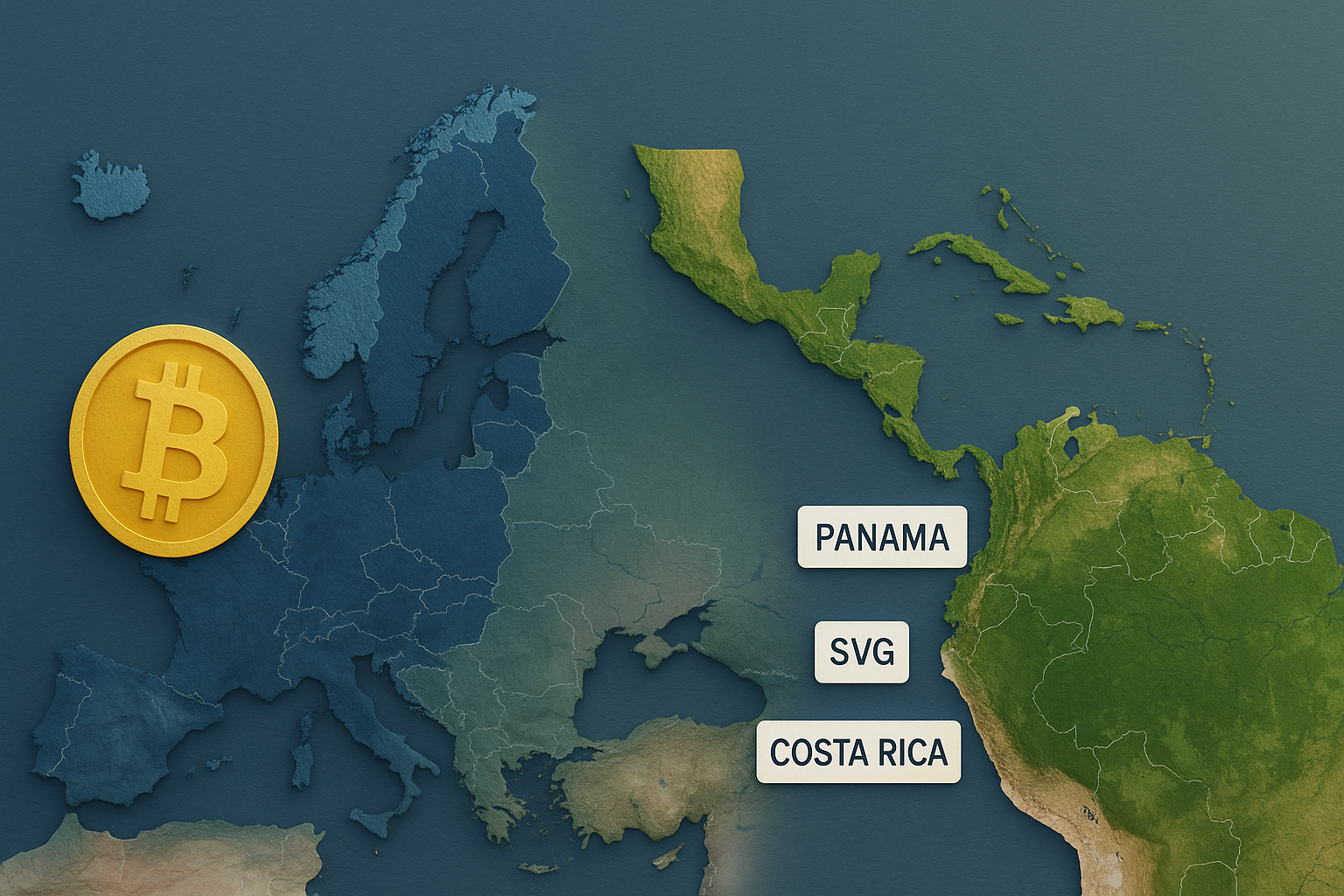As governments worldwide tighten their grip on crypto regulations, the effectiveness of Virtual Asset Service Provider (VASP) licenses is under scrutiny. The financial landscape is changing, and crypto service providers must adapt to these changes or risk falling foul of the law.
Virtual Asset Service Providers (VASPs) are currently undergoing a seismic shift in the regulatory landscape that has previously provided them with a protective shield. These entities, which facilitate financial services for digital asset transactions, may soon find their standard VASP licenses no longer provide the immunity they have in the past. With the tightening of regulations on a global scale, the mere possession of a VASP license may not be sufficient to ensure compliance with the law.
Changed Landscape for VASPs
Under the current regulatory framework, a company with a VASP license is authorized to operate within cryptocurrency markets, facilitating transactions between participants. However, as the digital asset space matures, the regulatory bodies that govern such transactions are demanding higher standards of compliance from VASPs.
The Financial Action Task Force (FATF), an international organization devoted to combating money laundering and financing of terrorism, has issued updated guidance on how VASPs should operate. With these new outlines, the FATF has significantly tightened the compliance requirements for VASPs, potentially making their operations more complex. The updated guidance extends the scope of the FATF’s authority and indicates a clear trend towards stricter regulation of digital currency markets.
Implications for VASPs
The FATF’s new guidance has several implications for VASPs. Firstly, it demands higher levels of due diligence from these entities, including stricter Know Your Customer (KYC) and Anti-Money Laundering (AML) procedures. This can be a complex and resource-intensive process for VASPs, requiring them to invest more heavily in compliance and security measures.
Secondly, the updated guidance also introduces a ‘travel rule’, requiring VASPs to collect and share detailed sender and recipient information for transactions. This rule further complicates the compliance landscape for VASPs, introducing a significant administrative burden.
The new regulations could, in some cases, lead to VASPs being forced to halt operations until they can achieve full regulatory compliance. For the crypto industry, this could mean limited access to services and potentially higher costs for consumers.
Way Forward for VASPs
Given the impact of these changes, it is clear that VASPs need to take proactive steps to adapt to the new regulatory environment. This includes investing in compliance technology and human resources to monitor and implement the necessary changes. The faster VASPs can adapt to these changes, the less likely they are to experience interruptions in their operations.
Additionally, VASPs need to engage in dialogue with regulators to negotiate the implementation of these new rules. This includes discussing how to apply the new rules without causing undue harm to their businesses or to the broader crypto industry.
Overall, the changing regulatory landscape presents significant challenges for VASPs. However, these challenges also represent an opportunity for VASPs to demonstrate their commitment to regulatory compliance and to build trust with regulators and consumers alike. By doing so, VASPs can help to ensure the long-term sustainability of the digital asset industry.
With governments globally tightening their grasp on crypto regulations, VASPs must adapt or risk being left behind. The changes are a clear sign that the crypto industry is maturing. As this continues, VASPs that can demonstrate their adherence to regulatory compliance will be the best positioned to thrive.






